Essential Facts, Stats and Tips on Dog Health
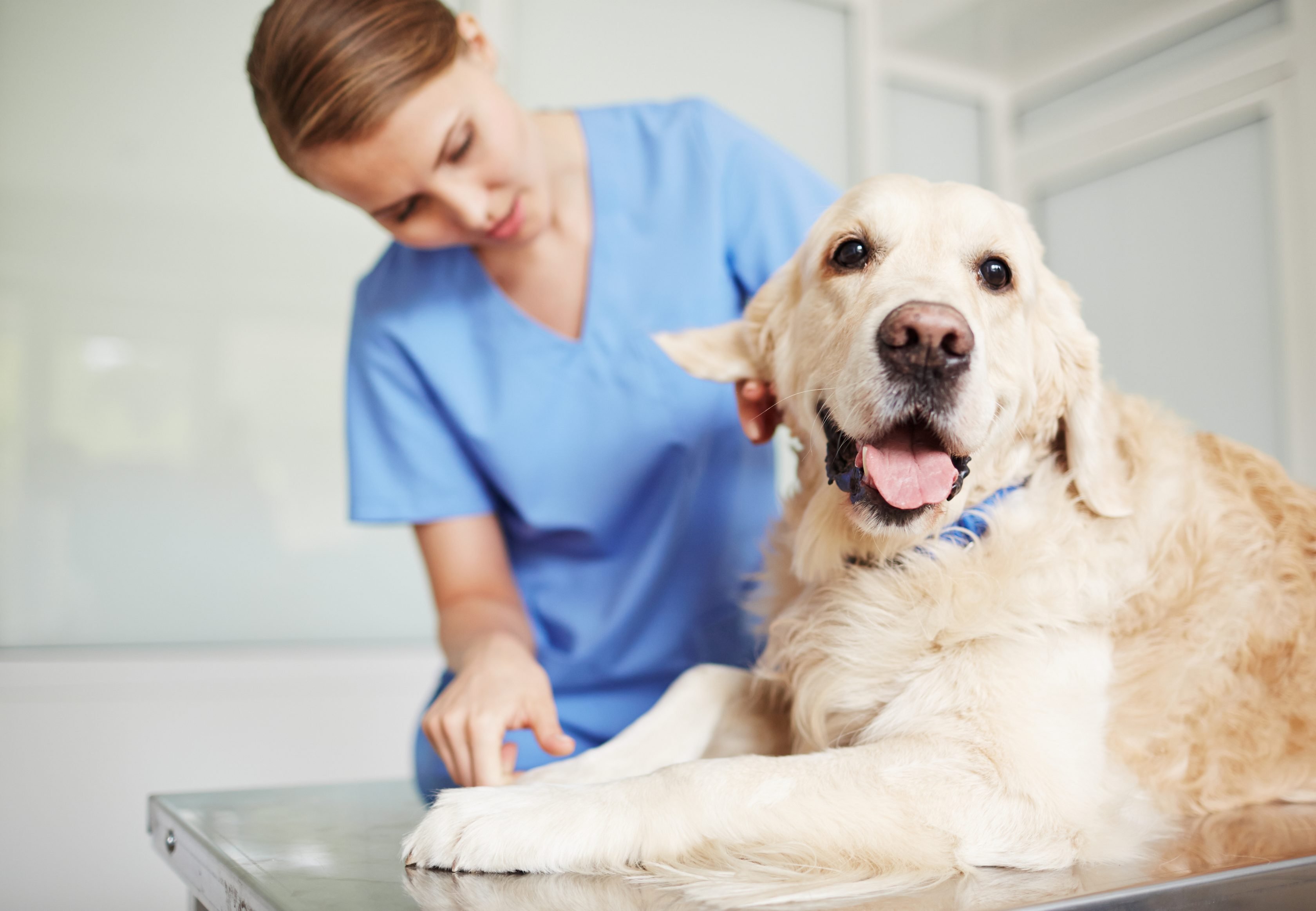
Quick Links
Your dog’s long-term health can be determined by a variety of factors, including their environment, lifestyle and breed. But they can all fall victim to unexpected accidents and injuries. That’s why it’s important to know about the common incidents that can affect your pet.
In contrast to some other insurance providers in the market, our pet insurance policies cover a range of dog injuries and accidents, as well as the treatments and aftercare. It’s one of the reasons 90% of our customers renew with us each year. To help you spot when your pet needs professional veterinary care, let’s take a look at the top 6 most common dog injuries and what treatment they may need.
Swallowing socks, stones and more
Dogs can be incredibly clever and sensitive companions, but they’re not always good at knowing what’s safe to swallow. While some small items can pass through the digestive tract unnoticed, others can become lodged in the intestines and cause blockages, infection or tissue damage, requiring surgery.
We received internal injury claims of this nature totalling £6.9 million during 2019 alone, covering diagnostics and treatments involving X-rays, ultrasounds and anaesthesia. Operations to remove the object are invasive and they’ll need extra care at home to recover, so be sure to follow any post-surgery advice from your vet carefully.
Eating chocolate and other poisons
Some dogs will eat almost anything (especially certain breeds, like Labradors), so you should be aware of what’s dangerous and what’s not. Chocolate, raisins, and human medication are all off the menu, but we all know that doesn’t always stop hungry, inquisitive pups.
Over the course of 2019 we had 9,295 claims for dogs who ate something they shouldn’t – including advent calendars and Easter eggs. Frequently dogs will tear up presents under the Christmas tree, leaving the owner scratching their head to work out what the dog has actually eaten. So, you should always be cautious about what gets left within chomping distance.
Veterinary treatment will sometimes include vomit induction – to help remove whatever they’ve eaten – fluid replacement, and likely an overnight stay at the clinic to keep an eye on them.
Injuries from road traffic accidents
Road traffic accidents can result in a range of serious injuries including fractures, lung punctures, and having skin ripped off (known as degloving). It’s incidents of this nature that explain why we paid out £15 million for injuries to pets from road traffic accident (RTA) claims in 2019 alone.
Emergency situations demand serious, costly surgeries, which can include pain relief meds, intensive care, X-rays, ultrasound, and surgical repair. Without insurance, bills can run into the thousands, and even if you have cover, some other insurers won’t include the full range of diagnostic tools that a serious or life-changing injury may need.
Our insurance covers a broad range of treatments, giving you more confidence to go ahead with the necessary tests and procedures recommended by your vet. We also provide the same cover year after year, so you can always be sure your pet will receive the best care for ongoing conditions too.
Disagreements with other dogs
Well trained, properly socialised dogs shouldn’t fight, but there are occasions when an owner doesn’t have control and things can turn nasty. Last year, we received £1.6 million worth of vet claims which were the result of dog fights.
The most common injuries are typically to the neck, but in some cases punctured lungs, too. Treatments for dog bite injuries would likely include pain relief, anaesthesia, X-rays, ultrasound and, if needed, surgical repair.
If your pet has been attacked by another dog and is bleeding, you should keep them warm and calm, while applying light pressure to the wound until you can get to the vets. Once your dog has been treated, you may need to give them special post-surgery care, including a doughnut-shaped cone or dog t-shirt (or ‘onesie’) to stop them licking at their injuries.
Picking up foreign bodies
Grass seeds and other foreign objects being picked up in the ears, eyes and paw pads resulted in £2.3m worth of claims throughout 2019. Although the seeds are small, they can cause big problems if they become trapped.
You may notice your dog shaking its head a lot if there’s something stuck in the ear, or rubbing its ear along the floor, or against walls or furniture. And they’ll lick at their paws for long periods if there’s a seed irritating the skin. Dogs with longer coats or floppy ears, like Cocker Spaniels, are most likely to pick up seeds when running and playing in longer grass in the summer.
Wounding their paws, pads and claws
The do's and don'ts of dog care
Frequently Asked Questions
Petplan is a trading name of Pet Plan Limited (Registered in England No. 1282939) and Allianz Insurance plc (Registered in England No. 84638), Registered office: 57 Ladymead, Guildford, Surrey GU1 1DB.
Pet Plan Limited is authorised and regulated by the Financial Conduct Authority. Financial Services Register No. 311969. Allianz Insurance plc is authorised by the Prudential Regulation Authority and regulated by the Financial Conduct Authority and the Prudential Regulation Authority. Financial Services Register No. 121849. Pet Plan Limited is a subsidiary of Allianz Insurance plc.
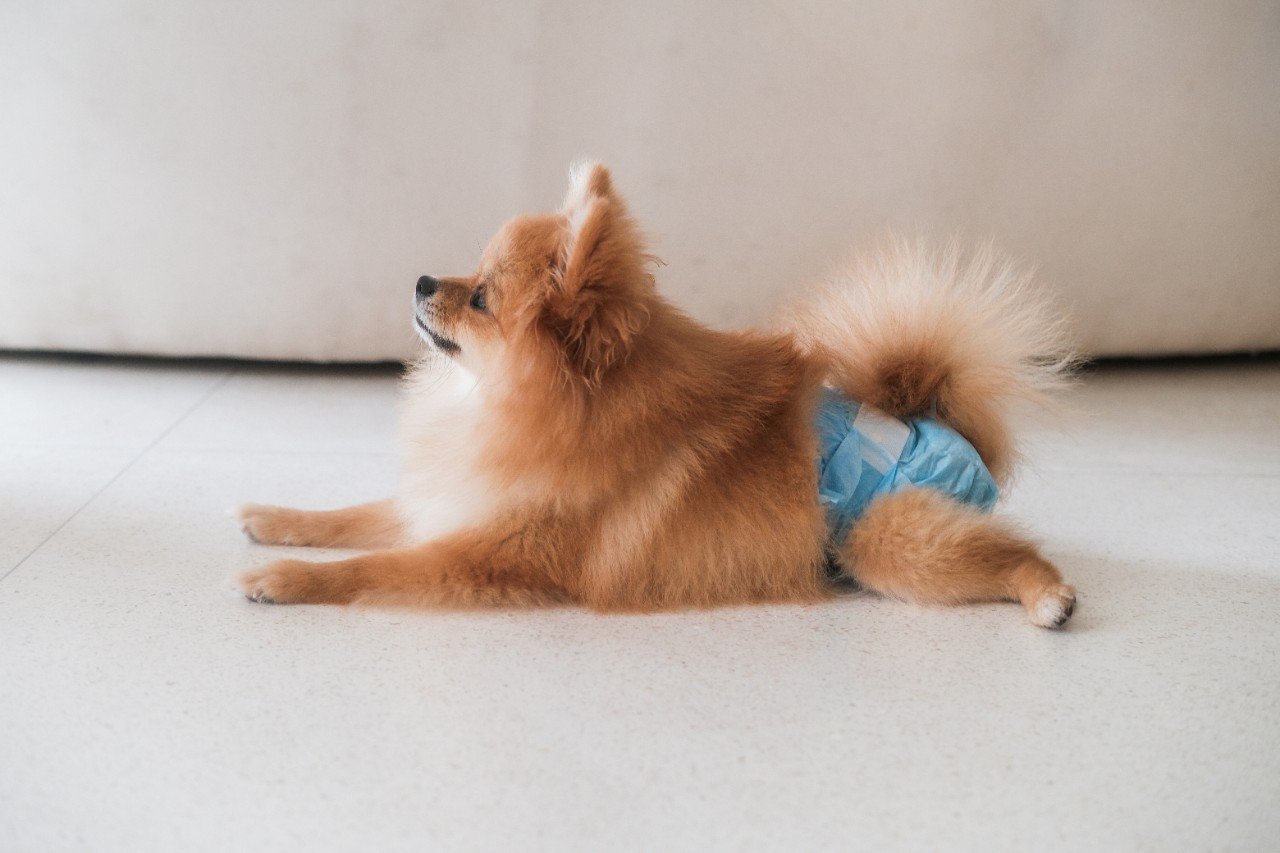

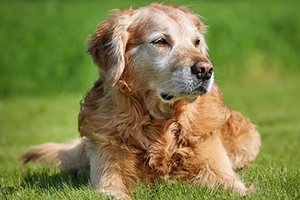
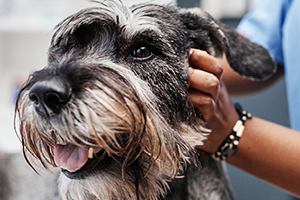



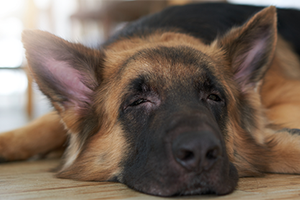
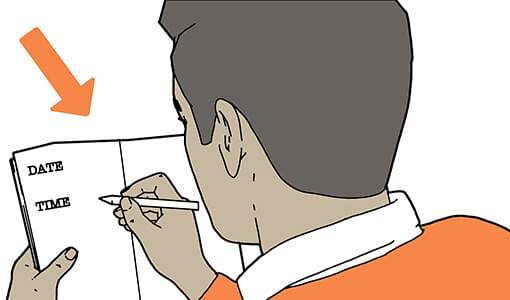

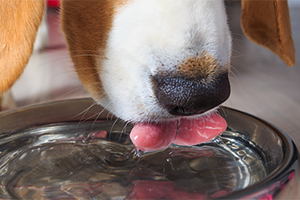
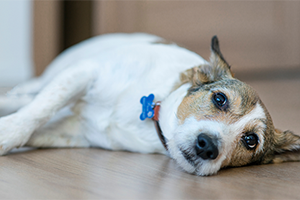


.png)